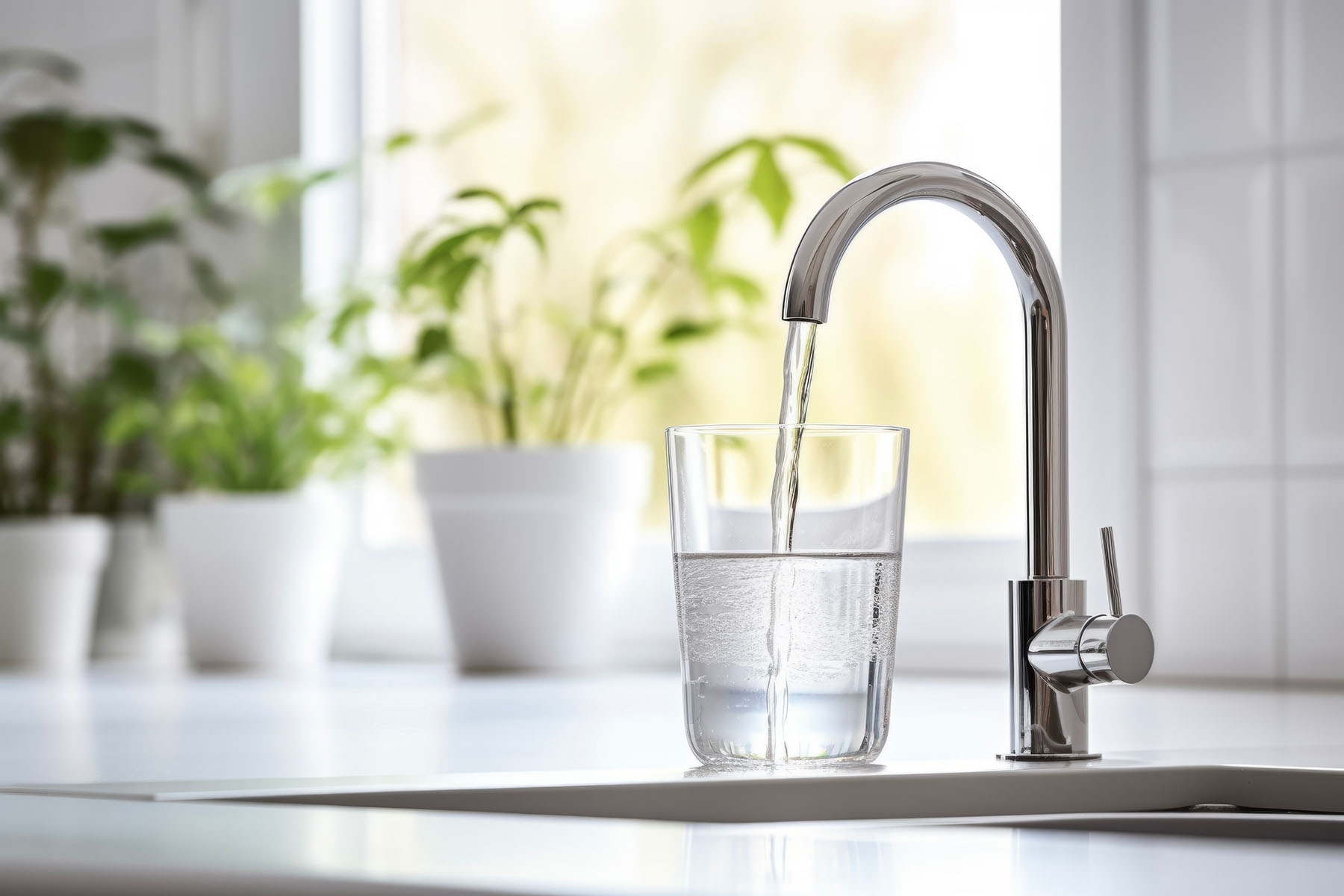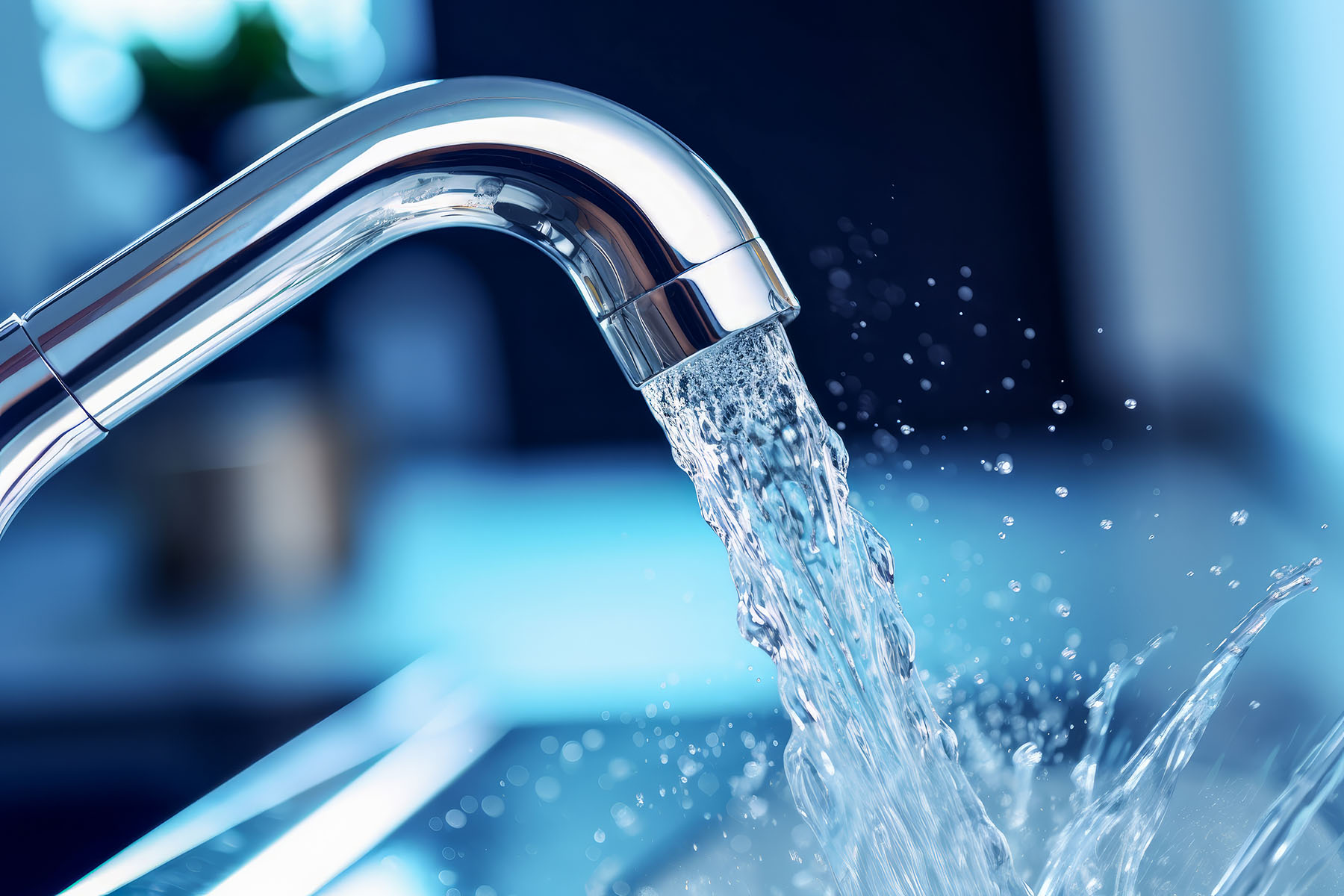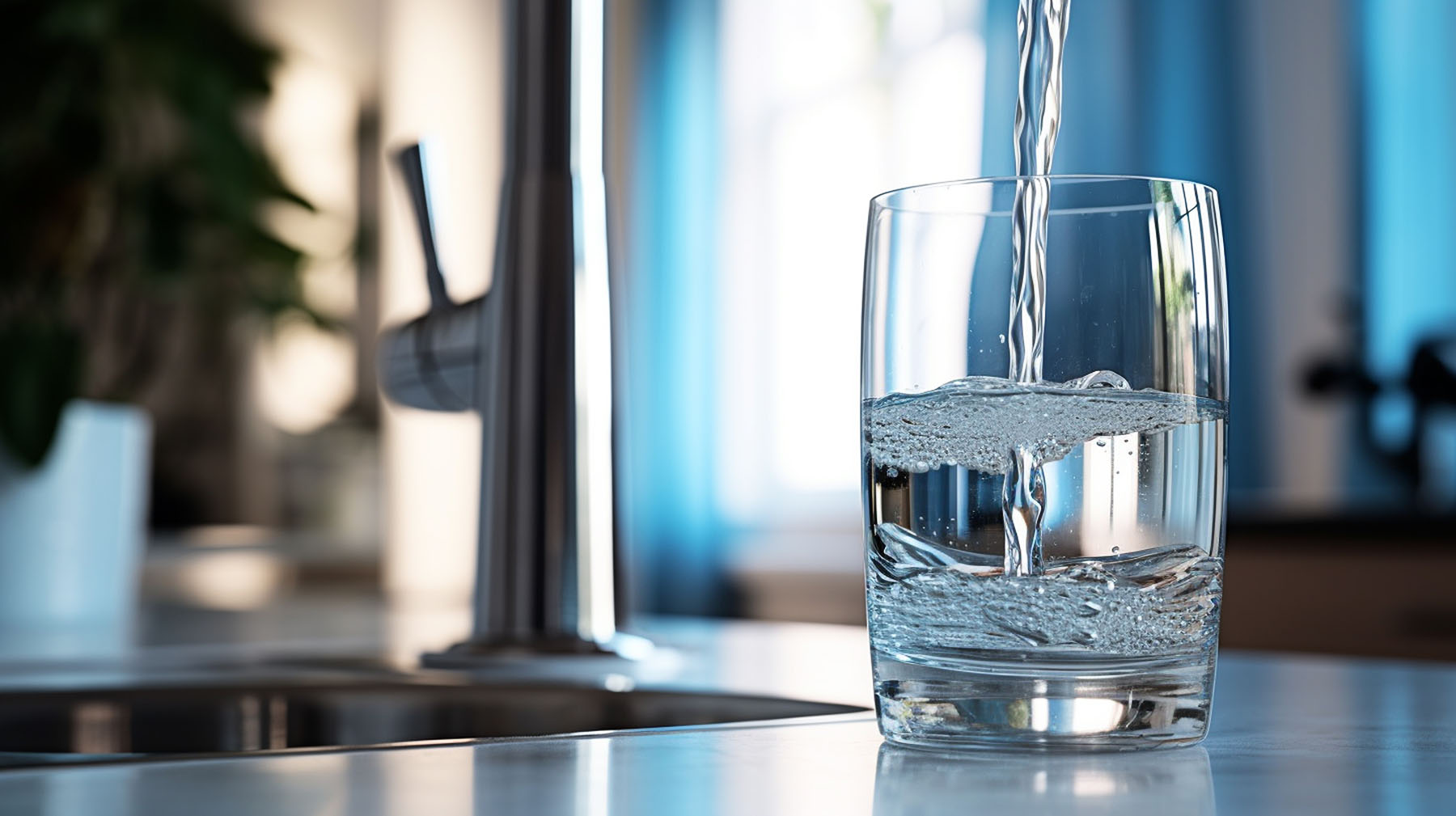
Brought to you by the Virgin Islands Water and Power Authority
Our Plan for Cleaner Drinking Water
In November 2023, 119 water samples taken by the Environmental Protection Agency (EPA), utilizing standard testing protocol, confirmed levels of lead at household kitchen taps were extremely low. These accurate results made it abundantly clear that St. Croix does not have a lead water emergency.
The initial September 2023 tests conducted by the EPA, the Virgin Islands Department of Planning and Natural Resources (DPNR), the Virgin Islands Water and Power Authority (WAPA), and the University of the Virgin Islands (UVI) detected lead in water at the distribution meters of 36 St. Croix locations, with 30 sites significantly below action levels. These initial tests were conducted at the water meter, and not at the tap like in November 2023, where testing at the tap is standard protocol.
To date, WAPA continues to follow standard EPA testing protocols and continues to review and adopt the EPA recommendations received in December of 2023 and beyond. Customers will also continue to be educated on how to protect themselves and their families from lead.
While awaiting EPA’s subsequent sampling study in November of 2023 (referenced above), WAPA took immediate action. Starting on November 18, the Authority issued water vouchers to over 2,650 eligible customers in affected areas on St. Croix. In addition, the Authority also distributed sink and pitcher water filters in mid-January through DPNR’s Safe Drinking Water Fund. While the accurate November 2023 sequential sampling results, published on December 07, brought relief to customers, WAPA advocates for ongoing water quality awareness. The filter distribution aligns with WAPA’s enhanced public education campaign, also benefiting Virgin Islands residents relying on cistern water. EPA and CDC endorse point-of-use filters for improving taste, removing contaminants, and safeguarding health. WAPA also launched an island-wide initiative to test the water across St. Croix, another major step towards ongoing water quality awareness. This allowed the Authority to help residents identify if their sink aerators and indoor plumbing, although the responsibility of the residents, may be causing undetected levels of lead and copper.






